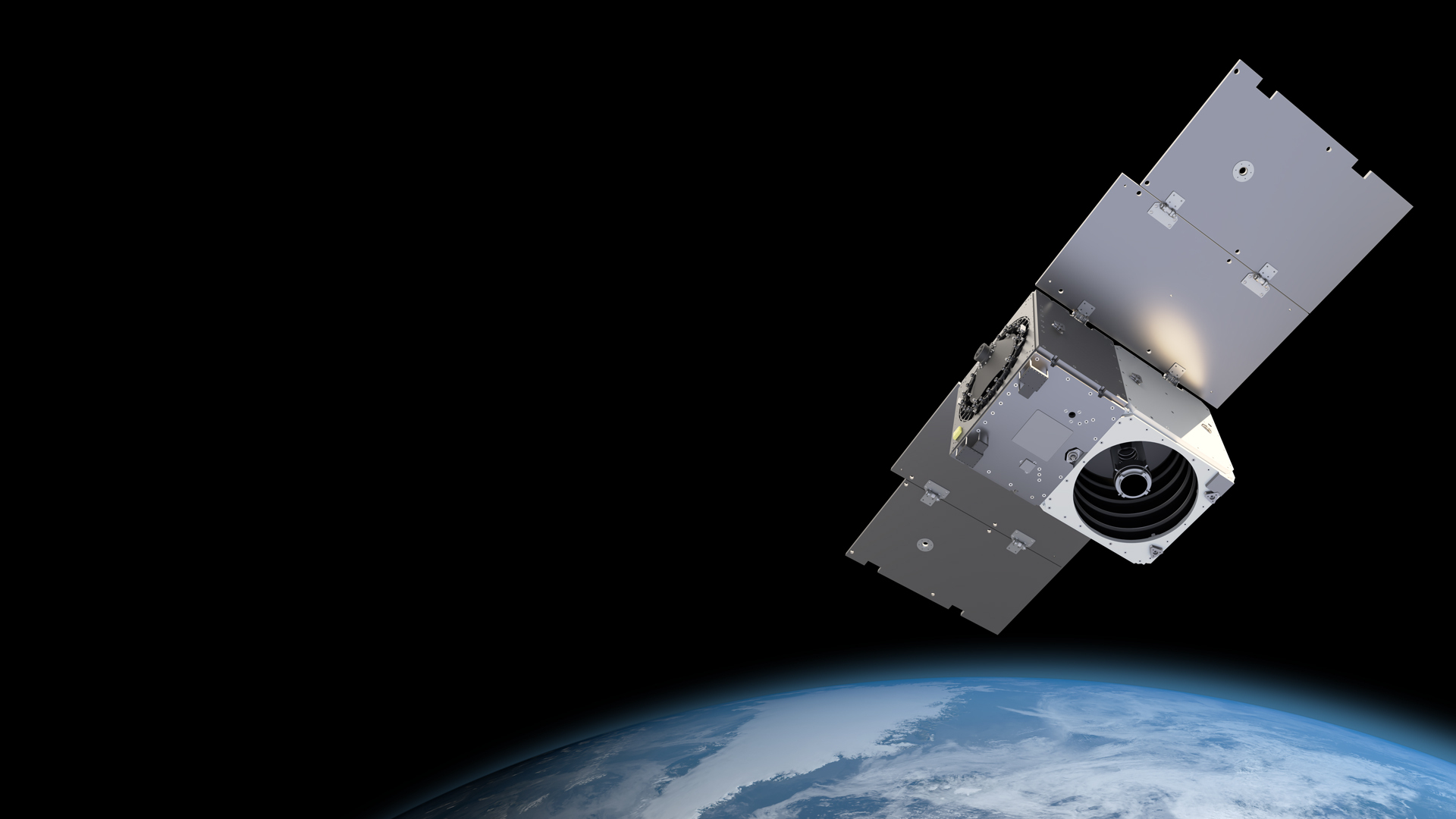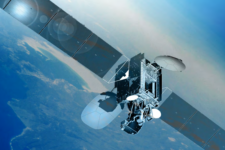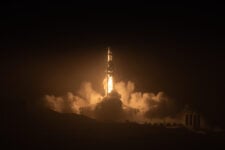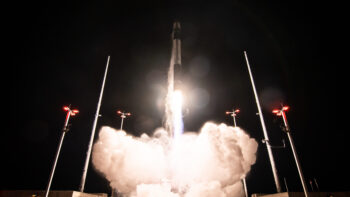
Planet’s new Pelican satellites will have a best resolution of 30 centimeters. (Graphic image: Planet)
WASHINGTON: Remote sensing firm Planet recently unveiled new details on its newest satellite constellation, called Pelican, which the company says will bring customers high-resolution pictures and the ability to take them more often over the same place on Earth.
“We have designed our next generation ‘Pelican’ fleet to meet the evolving needs of customers who want real-time information about global events as they unfold — from floods and wildfires to political conflicts and threats to human rights. Pelican’s rapid response and higher resolution will do exactly that,” said Planet’s Co-Founder and CEO Will Marshall in a press release Wednesday.
Planet, along with Maxar Technologies and BlackSky, is providing electro-optical images to the National Reconnaissance Office (NRO) under short-term contract, and the spysat agency intends to issue contracts sometime this spring. Further, all three firms have been tasked with keeping as close tabs as possible on the Russian invasion of Ukraine, as well as urged by NRO to make those images public.
(The continuing saga of how commercial remote sensing firms, using different types of sensors, have been supporting Ukraine and the US government in getting information out into the public domain about the ongoing conflict will no doubt be a major topic of discussion at the next week’s GEOINT conference in Denver.)
The Pelican constellation will comprise 32 satellites with a resolution of up to 30 centimeters, whereas Planet’s current 21 high-resolution SkySat birds have an at-best 50 centimeter resolution. For those not remote sensing savvy, a smaller resolution means a sharper image and the ability to see littler things. The company’s original Dove constellation of very small satellites, by contrast, have approximately a 3 meter resolution.
The addition of the Pelican satellites means that Planet can offer customers images taken up to 12 times a day over most of the Earth, and up to 30 times a day for certain areas at mid-latitudes, the company said. Such rapid revisit rates are critical for national security purposes, as military and Intelligence Community operators want to see what is happening on the ground as quickly as possible.
“With such capacity, Planet expects users will be able to capture transitory events multiple times per day, increasing their likelihood of obtaining a high value image, including during unpredictable or cloudy weather,” the press release explained.
The Pelicans will begin launch in 2022 and are expected to be operational in 2023,






















